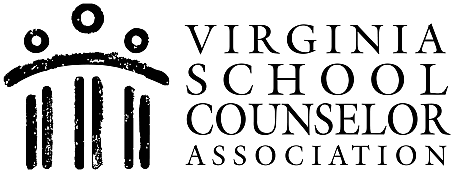The School Counselor’s Role
School counselors are certified/licensed educators who improve student success for ALL students by implementing a comprehensive school counseling program. School counselors design and deliver school counseling programs that improve student outcomes. They lead, advocate and collaborate to promote equity and access for all students by connecting their school counseling program to the school’s academic mission and school improvement plan. They uphold the ethical and professional standards of ASCA and promote the development of the school counseling program based on the following areas of the ASCA National Model: define, deliver, manage and assess. For more information about the role of the school counselor, go to https://www.schoolcounselor.org/role |
